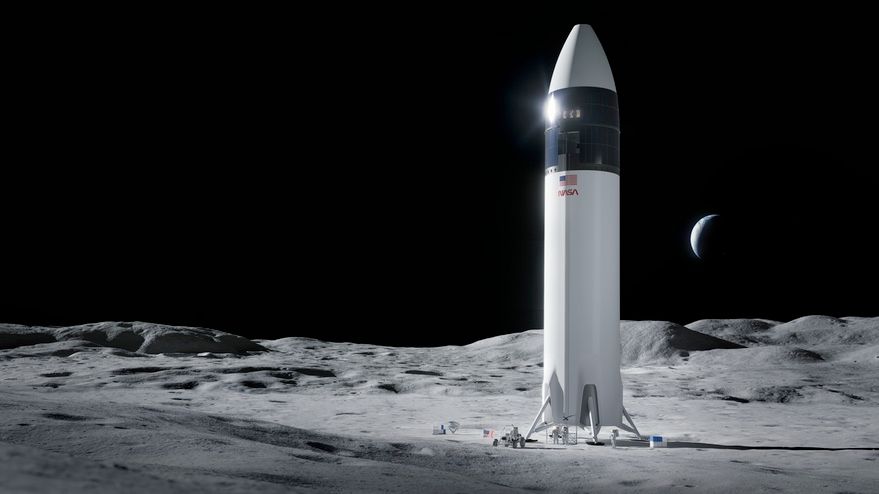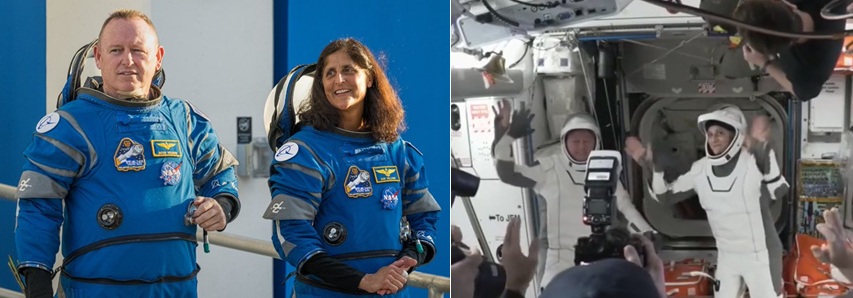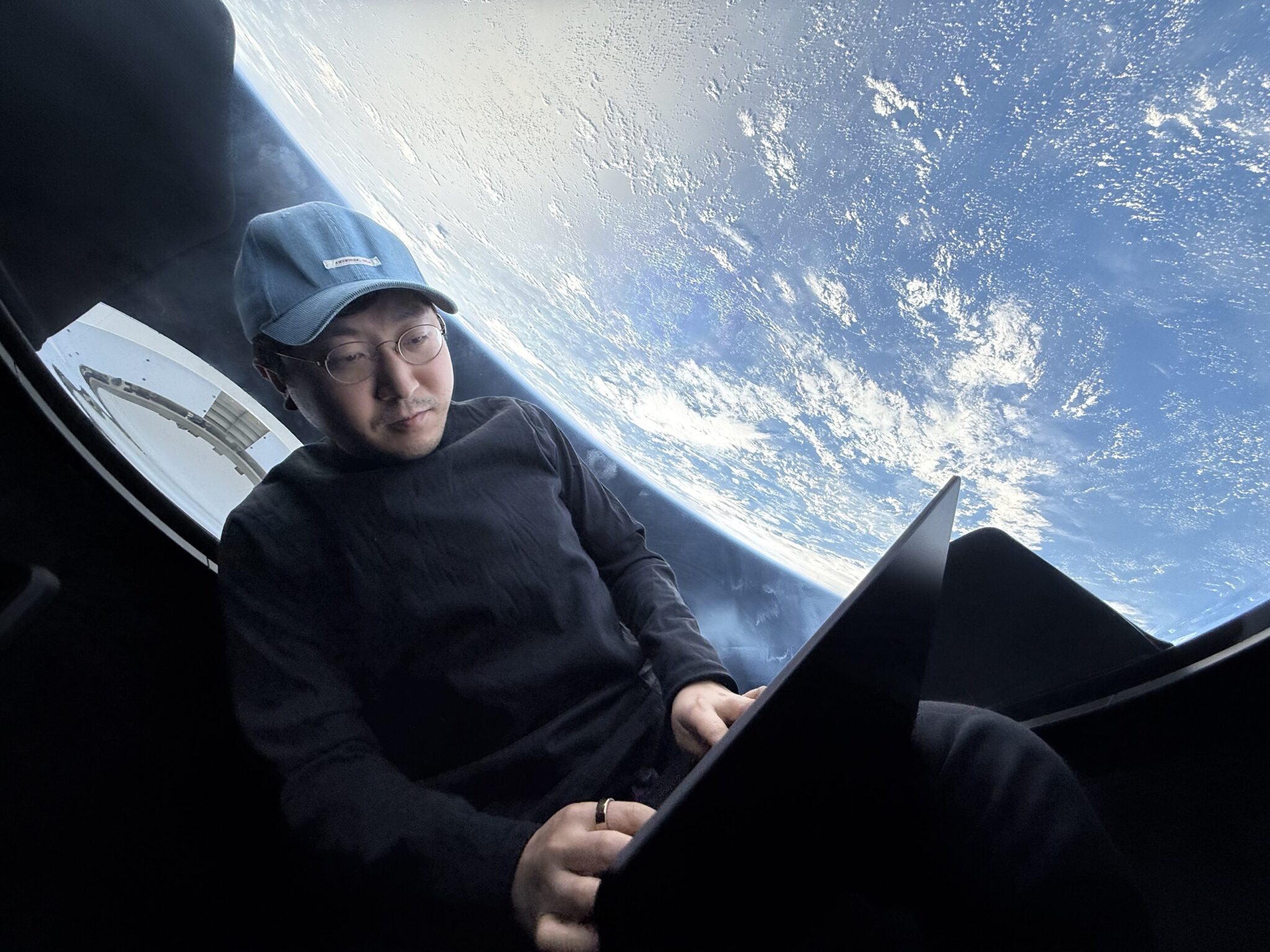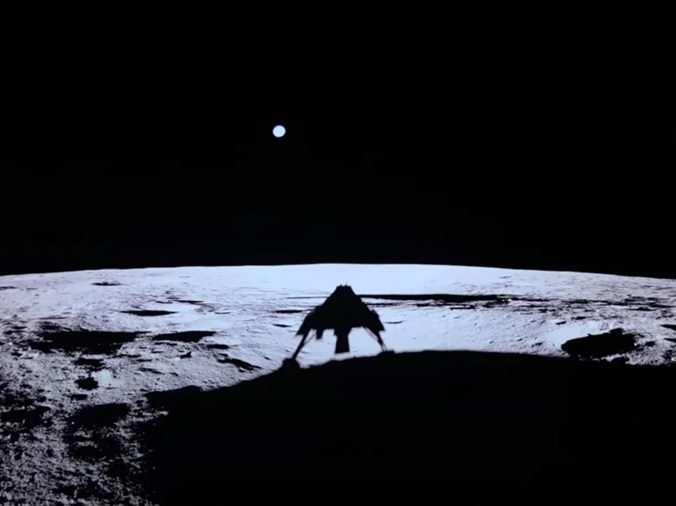credit: ESA Youtube channel
More than any other nation or group of allies, next week’s governments’ ministers meeting for the European Space Agency should be more influenced by the geopolitical needs of a continent in danger of being eclipsed by Indian and China in the future, than the credit crunch or the idealism of international exploration of the solar system
By geo-politics I am not referring to the jostling of the European states that are positioning themselves to maximise the technological, and ultimately economic, return of membership but this planet wide imperative
Next week on Tuesday and Wednesday (25 and 26 November) the space ministers of the 18 member states of the European Space Agency and Canada (it has a cooperating agreement) meet to sign off on a plan for the next three years within the context of a longer range strategy that Hyperbola thinks should be heavily influenced by this changing world
In the last 12-months calls by ESA director general Jean-Jacques Dordain for more manned exploration, a renewed focus on the Moon and extending the life of the International Space Station (ISS), with Europe buying more astronaut time on ISS from the Russians, have given an impression of an agency ready to build on its human spaceflight experiences
Always good for headlines, the agency’s ministerial meeting background information for this year and the 2005 ministerial appears to support that view with an increase in ISS exploitation and human spaceflight requested budgets from €800 million to €1.8 billion, more than double
But what the agency actually gets and what that fraction of the total is for manned missions and related activities is, has been, and will for the foreseeable future be small
So while Hyperbola’s advice to president-elect Barack Obama was to stick, more or less, to the Bush Moon plan being central to NASA’s work, Europe’s position among the international partners for that 2020-something lunar outpost should not be second place or even third, and nor should it be
Europe (excuse the setting aside of Russia in this catch-all term for now) should have manned spaceflight, it is important for inspiring the young to take up the sciences, but the expenditure levels should be to maintain a foundation that can be built on in future, beyond the initial lunar outpost timeframe
For the next three to thirteen years, whether the credit crunch was here or not, European states should focus on delivering substantial space based services to civilians and the military with satellite constellations that give Europeans worldwide capabilities
I say substantial because aerospace has always been a driver of a high technology that can feed into other sectors and the fear within European industry is that in satellite technology they will be challenged by China by the end of the next decade
That giant country already has a manned spaceflight capability and India is moving towards having its own accomplishments in that field with all the associated, admittedly expensive, technological advancements that brings
I accept there is no collective will among European governments, whose combined GDP is greater than the USA, to go for broke and so instead a more realistic option is the expansion of ground based and orbiting robotic constellations that enable Europe to monitor LEO, monitor the Earth and deliver high technology services for commerce, industry and the individual citizen
It could be argued that the European space policy already says this but we see hard negotiations over Kopernikus and the troubled Galileo satellite navigation system is not out of hot water yet. Even once the competition for Galileo’s six work packages is done with does anyone think that the three point something billion euro price tag given to the project years ago will still be viable? No, because the purchasing process has been about politically carving up a pie and not for an efficient procurement
The reality is that the space policy doesn’t go far enough and European governments have got to spend more on space to see the aggressive technological return that will ensure it is not eclipsed by India and China
A key part of this enhanced space policy is a need for Europeans to get over their concern about the relationship between spaceflight and defence
The Euroepan Union’s (EU) European Defence Agency (EDA) is getting involved. It is already working with ESA on identifying “critical technology”. This will further deepen the relationship between ESA and the EU, following its joint projects, Kopernikus and Galileo, with the European Commission
This will eventually bring to the fore the question of ESA’s relationship with the EU. An issue Dordain has already raised. Of ESA’s 18 member states only two, Norway and Switzerland, are not EU countries and the agency’s expansion, that Dordain expects in the next few years, will simply see the domination of the Euro-bloc increase
Europe can colonise the planets one-day but today ESA’s ministers should fully fund the programmes that will deliver high technology and services in the short to medium term while preparing for an ESA that will be an integral part of the EU to fully benefit from the inter-agency collaboration and budgetary simplification that will bring
Only a more focused long term strategy, informed by Chinese and Indian double digit growth, for technological return from heavy investment in LEO assets is going to help Europe sustain its competitiveness so it can afford to put that boot on the Moon in twenty five years time





